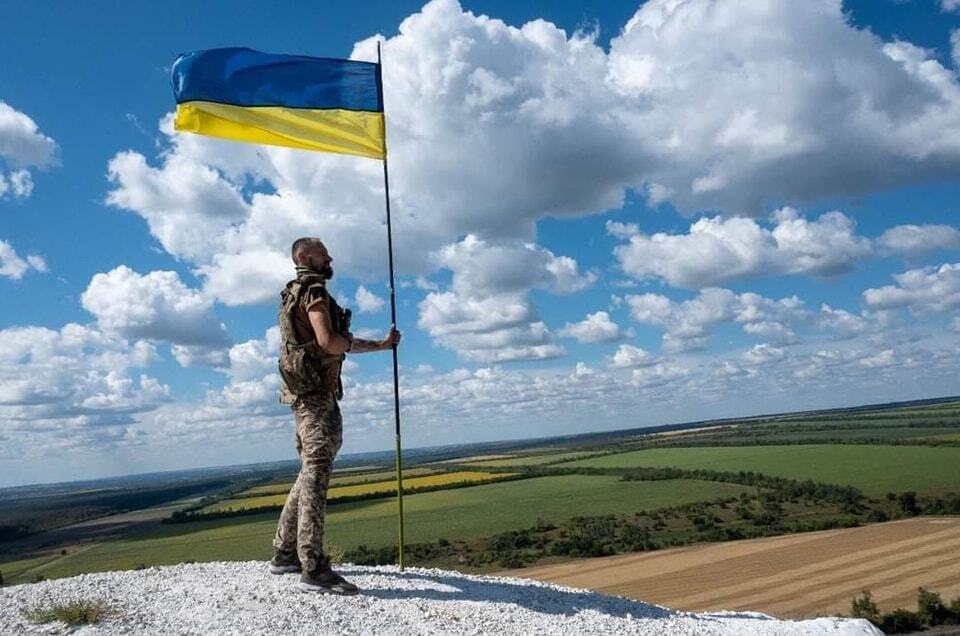On 19 November, the G20 countries, in a joint statement at the summit in Rio de Janeiro, softened the criticism of Russia's war against Ukraine, mentioning only a broad reference to "human suffering," the Financial Times reports.
Today, Ukraine marks the grim milestone of 1,000 days since Russia launched its all-out war against Ukraine. The Office of the United Nations High Commissioner for Human Rights says that at least 12,162 civilians, including 659 children, have been killed since 24 February 2022. World Bank estimates that the total cost for recovery and reconstruction of Ukraine over the next decade could reach around $486 billion.
According to the Financial Times, the world's largest economies have signaled a weakening of their support for Ukraine while increasingly leaning toward peace talks with Russia at the G20 summit.
The joint statement issued following the event mentions only "negative added impacts of the war" and welcomed "initiatives that support a comprehensive, just, and durable peace."
The document contains only one paragraph dedicated to the war in Ukraine, compared to seven paragraphs in the statement from last year’s summit in New Delhi. Furthermore, this year’s communiqué did not include condemnation of nuclear threats related to Ukraine or calls to stop attacks on food and energy infrastructure.
“It is not the language of Ukraine that we would have liked to see,” said one diplomat from a Western G20 member.
Although some European delegations pushed for tougher language condemning Russia for the massive missile strikes on civilian objects in Ukraine, they eventually dropped the demand for fear that it could derail the entire joint statement.
"The language is not strong enough . . . there’s nothing on the latest attacks. But nobody wanted to push too far, otherwise it would have been a fight and there would be no statement," said one European diplomat in Rio de Janeiro.
Central aspects of the communiqué included calls for effective taxation of the super-rich, measures to reduce poverty, a ceasefire in Gaza, and reform of the Security Council.
Two days ago, on 17 November, Russia launched a massive combined strike on Ukraine’s energy sector facilities using various missile types and Shahed drones. Ukraine’s air defenses tracked 210 aerial targets – 120 missiles and 90 drones.
The International Atomic Energy Agency’s Director General Rafael Grossi reported that the Russian attack damaged several substations, affecting the external power supply to Ukrainian nuclear power plants. Only two of nine operational reactors operated at 100% capacity, with six others reducing output to 40-90% of maximum capacity following the stikes.
Related:
- Russian artillery strikes Dnipro’s Nikopol, killing two rail workers, injuring five other civilians
- Massive Russian attack on Ukraine’s power grid with 90 drones and 120 missiles causes power outages and casualties
- Russian drone debris damage Kyiv high-rise as air defenses counter drone swarm in 11 oblasts

